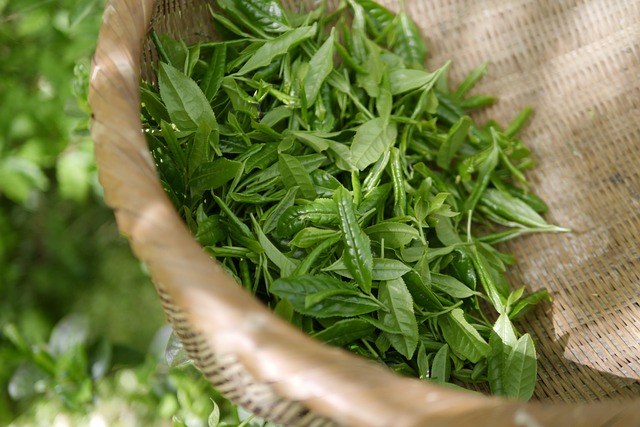Hayagriva Madhava Temple
The Hayagriva Madhava Temple is a sacred Hindu temple dedicated to Lord Vishnu, located in the picturesque town of Hajo in Assam. It is a significant pilgrimage site for both Hindus and Buddhists, showcasing a unique blend of religious harmony. The temple is situated atop the Monikut hill and offers breathtaking views of the surrounding landscape.
Opening Hours
Open: 24 Hours
Close: Open all day
Closed on: Never
Entry Fees
Indian Visitors: ₹0
Foreign Visitors: ₹0
Children (Below 15 years): Free
How to Reach Hayagriva Madhava Temple, Hajo, Assam, India
- Nearest Airport:
- Nearest Railway Station:
- Nearest Bus Stop:
- Nearest Metro Station:
- Cab Availability:
Best time to visit Hayagriva Madhava Temple, Hajo, Assam, India
The ideal time to visit is during the following months:
MarchAprilOctoberNovember
Top Attractions Nearby Hayagriva Madhava Temple, Hajo, Assam, India
- Poa Mecca
- Kedareswara Temple
- Hajo Powa Mecca
- Guwahati
- Kamakhya Temple
- Umananda Temple
- Assam State Zoo
Travel Vlogs
Top Itineraries to Plan your visit of Hayagriva Madhava Temple
Most Popular Hotels and Resorts Near Hayagriva Madhava Temple
No hotels match your criteria.














